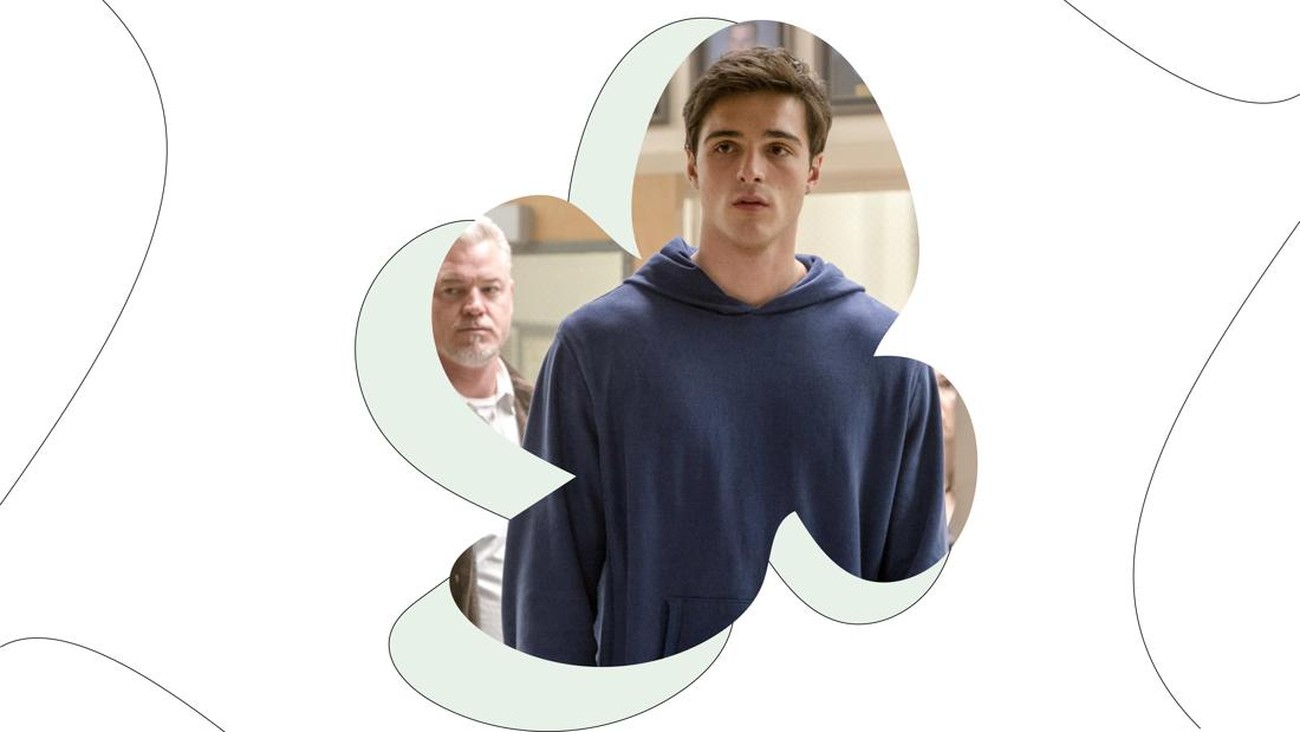Watching many movies has encountered me with many characters who portray diverse characteristics. It's customary for younger generations to get head-over-heels with characters that showcase masculine traits with their manly physical appearance. However, many people find it difficult to distinguish between being masculine and possessing toxic masculinity tendencies. As far as I'm concerned, many characters showcase toxic masculinity, namely Gaston from Beauty and the Beast, Euphoria's Nate Jacobs, Draco Malfoy from Harry Potter, Dao Ming Si of F4, and many more. In a glimpse of an eye, some people may not notice their fault for being toxic in their masculinity. However, there's this big difference between being masculine and toxic while holding on to the "masculine" term.
According to verywellmind, toxic masculinity in explanation is not just about behaving like a man; it involves extreme pressure some men may feel to act harmful, both for themselves and the people around them. Toxic masculinity is known to have three main core components, which are; toughness, anti-femininity, and power. These men believe that toughness needs to be portrayed as physically strong, emotionally callous, and behaviorally aggressive. For them, these traits are mandatory while they're holding the idea of anti-femininity which is an idea that men should not reflect on anything that is considered to be feminine; such as showing emotion or accepting help. As for the last component power it's an assumption that men have to obtain power in social and financial situations to gain respect from people around them.
Most of the time, people don't talk about these traits as a problem as they only see them for being genuinely manly and powerful as men. However, being manly doesn't mean that you need to reject or degrade things that are not considered masculine. For example, the portrayal of the character Dao Ming Si of F4 (in all versions) always showcases his pursuit of obtaining respect from his surroundings by putting a facade of being powerful and violent, showing that he's a man in charge to gain respect and agitation. Rejecting femininity or non-heterosexual things is also shown in Nate Jacobs's character from Euphoria when he felt ashamed and livid for being portrayed by Ethan who was having his fun in the gay locker room scene in Lexi's play. But how come someone can have these toxic masculinity traits?
It's not easy to pinpoint where these toxic masculinity traits stem from, but somehow, there's a combination of factors that contribute to shaping someone's views of masculinity, namely culture, class, race, sexuality, and other societal attitudes. To put it simply, masculinity can take many different forms. What one society or even subculture views as masculine, another may reject. Little did people know that toxic masculinity could also affect them in several ways, such as isolation or loneliness.
A study in 2015 found that men who bought into traditional notions of masculinity held more of a negative attitude about seeking mental health services compared to those with more flexible gender attitudes that they are discouraged from getting mental health treatment. They hold on to their prestige that they tend to think it's inappropriate for men to talk about their feelings and avoid conversations about their emotions because it's against their idea of showing their vulnerable sides. This tendency brings them nothing but to feel isolated and lonely.
When in fact, talking about their concern and feelings regarding everything is what everyone encourages to do to prevent any negative impact on their mental health, no matter the gender or their sexuality. It's encouraged for people to understand toxic masculinity by creating a discussion; so people will get informed about the dangers. As the more people learn about it, the more people will get help for it, and the more likely the society shifts their view on masculinity in general, hoping that it could put less pressure on men to act a certain way.
(DIP/MEL)


